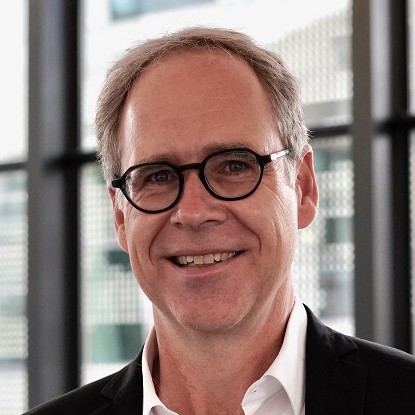Description
Researchers led by Technische Universität Darmstadt want to usher in a new era in the development of artificial intelligence (AI): These AI systems are to acquire human-like communication and thinking skills, recognise and classify new situations and adapt to them independently. The novel AI systems should not only be able to learn, but they will also grasp facts and link them to forms of abstract thinking. They will draw logical conclusions and make context-related decisions and learn from them again. This new future perspective is called the “third wave of AI” in reference to the two previous developmental thrusts in artificial intelligence.
RAI was invited to submit a full proposal as part of the Cluster of Excellence funding line.
Webpage
Project partner
Technical University of Darmstadt
Project participants
Julius-Maximilians-Universität of Würzburg
Goethe University Frankfurt
The Rhenish Friedrich Wilhelm University of Bonn


